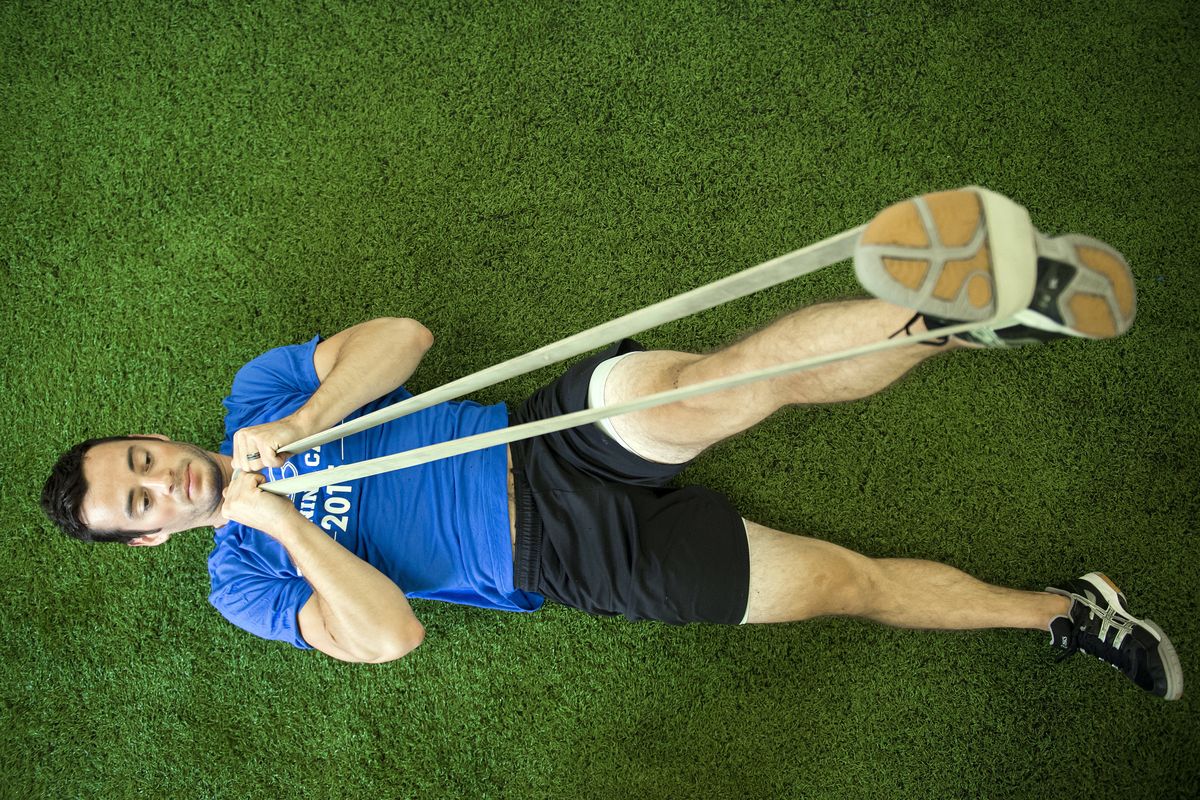Blanchette: Derek Ryan’s convoluted journey leads to chance at NHL roster spot

The piece of paper he signed in June, Derek Ryan confessed, still rests on his nightstand, perhaps so he can wake up from one dream and be transported right back to his favorite one.
Or maybe a National Hockey League contract is just comforting bedtime reading.
And on those nights when he’s in the mood for something with a more Byzantine plot, he can reopen the atlas he followed to get from here to there.
“Unconventional, to say the least,” Ryan said. “I don’t think anybody plans their road to the NHL this way.”
Below him on the Spokane Arena ice, holdovers and hopefuls of the Spokane Chiefs scrimmaged their way through another August camp, much as he did a dozen years ago – and even that part of Derek Ryan’s story is unconventional. We’re still counting on one hand the Chiefs who grew up and learned the game in Spokane, though the greenhouse is producing more sprouts all the time.
But the twist in Ryan’s route to NHL camp – he’ll be a 28-year-old rookie when he meets up with the Carolina Hurricanes next month – came upon graduating from the Chiefs.
That’s when he decided to cash in the scholarship package he earned as a Chief on four years of tuition at the University of Alberta – and take a pass on hockey’s minor leagues.
“At that point,” he said, “the NHL dream is over, right? I’m not picturing myself making it.”
Or it’s a sketchy picture, at best. In the past 25 years, fewer than a dozen players who played Canadian collegiate hockey after their junior days found their way to the NHL. The current poster boy is Joel Ward, who’s lasted eight seasons. Steve Rucchin and Cory Cross had long NHL careers. There’s even an original Chief among them: Ian Herbers, who bounced from Spokane to Lethbridge and Swift Current in the Western Hockey League, then spent four years at UA and eventually had two brief NHL stays – seven years apart.
But should he stick with the Canes – and Ryan is quick to add that qualifier in almost every reference – he’ll become the exception yet again.
Because none of those players detoured to Austria after his college days.
“It was for the experience, really,” he said. “Travel with my wife, see great parts of the world, play some hockey, maybe turn it into a job. And then it became something more.”
He blossomed as a scorer in three seasons in Austria, netting 90 goals. That, in turn, earned him a contract with Orebro in the Swedish Hockey League, regarded behind only the NHL and Russian leagues. And all he did in his lone season was lead the SHL in scoring with 60 points in 55 games.
Suddenly, Derek Ryan was on the radar.
The NHL’s Colorado Avalanche, Toronto Maple Leafs and Washington Capitals all reached out before Ryan signed a two-way contract with the Canes that calls for a $600,000 salary at the NHL level, or $150,000 if he winds up with their AHL affiliate.
And, in keeping with Ryan’s cockeyed career choices, there was this:
“Carolina was offering the least amount of money,” he said, betraying a smile.
“That just wasn’t the most important thing. I wanted to go to the place where I’d have the best opportunity to make the NHL club. I’m not coming back to North America to play in the AHL. That’s not my goal. It’s no secret that Carolina’s forward depth is lacking. There are spots there that are open for guys to take jobs.”
Bill Peters is there, too.
The coach who steered Spokane to the 2008 Memorial Cup championship is in his second year as Carolina’s head man, still trying to establish the hard-work culture that’s his trademark. Ryan, who played under him for two years in Spokane, believes Peters knows he’s a fit for that, and that the relationship “gives me an edge – even if it’s just a mental one for me.”
There are always roster dynamics – or politics – that have to be indulged, of course. Given his skill set, Ryan might have to be a top-six forward to make the team and, in truth, “that’s where I see myself fitting in eventually,” he said. “But I’ve played third- and fourth-line roles before, and I think I have the ability to work my way up.”
Maybe that’s a Spokane thing. Ryan has spent the summer working out with another townie, Tyler Johnson, the breakout star of last spring’s NHL playoffs and a player who’s launched a career confounding those who have overlooked or underestimated him. Ryan sees kids rocking Johnson’s No. 9 and can’t help but be a little inspired, too.
“Never give up on the dream,” he said. “I’m sure Johnny can say the same thing. Because no route is impossible.”
The paper on his nightstand suggests exactly that.